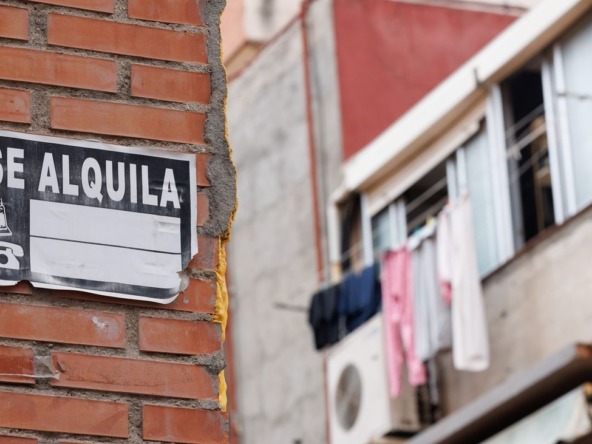The rental market in Spain is going through a period of maximum tension. According to El Economista, at the end of June prices reached an average of 14.38 €/m², making a string of eight consecutive months of double-digit rises, indicating an ‘unprecedented supply crisis’.
An unstoppable escalation
-
The Secure Rental Institute and the URJC report an average of €1,155/month, the highest in recent years.
-
Idealista confirms an increase of 9.7% year-on-year and a quarterly increase of 4.4%, bringing the price to 14.6 €/m².
-
Malaga is the sixth most expensive province to live in for renting, with an average of 1,272 €, while Andalusia reaches 932 €/month.
Structural factors putting pressure on the market
-
Insufficient supply: A shrinking rental housing stock, low public investment and legal uncertainty have discouraged owners and developers.
-
Urban and land problems: The growth in demand is not matched by the necessary urban development. There are between 450,000 and 600,000 fewer dwellings than would be needed, according to different sources.
-
Tourism and investment pressure: The tourist flat boom and speculative investment are taking residential units out of the traditional market.
Socio-economic context
-
Rents have risen by 95% in the last decade, compared to a wage increase of only 33%.
-
The Bank of Spain estimates that more than 40 % of tenants spend more than 40 % of their income on rent.
-
Cities such as Madrid and Barcelona are experiencing citizen mobilisations and protests against the impossibility of accessing decent housing.
Institutional responses and their limited effectiveness
-
The government has promoted measures such as price controls in stressed areas, rental subsidies or the regulation of tourist rentals, but with little real impact as there is only 1.5% of public stock compared to 9% in Europe.
-
Brussels urges Spain to speed up licences, free up land and prioritise social housing to guarantee territorial cohesion and economic sustainability.
What are the implications for tenants and investors?
-
Tenants and families: Affordable housing has become an increasingly difficult mission.
-
Investors: In areas with high demand, yields remain stable, provided that the regulations and context of each city are well analysed.
-
Private landlords: They have the opportunity to fill a key niche, with high demand and more secure and profitable professionalised leasing formulas.





